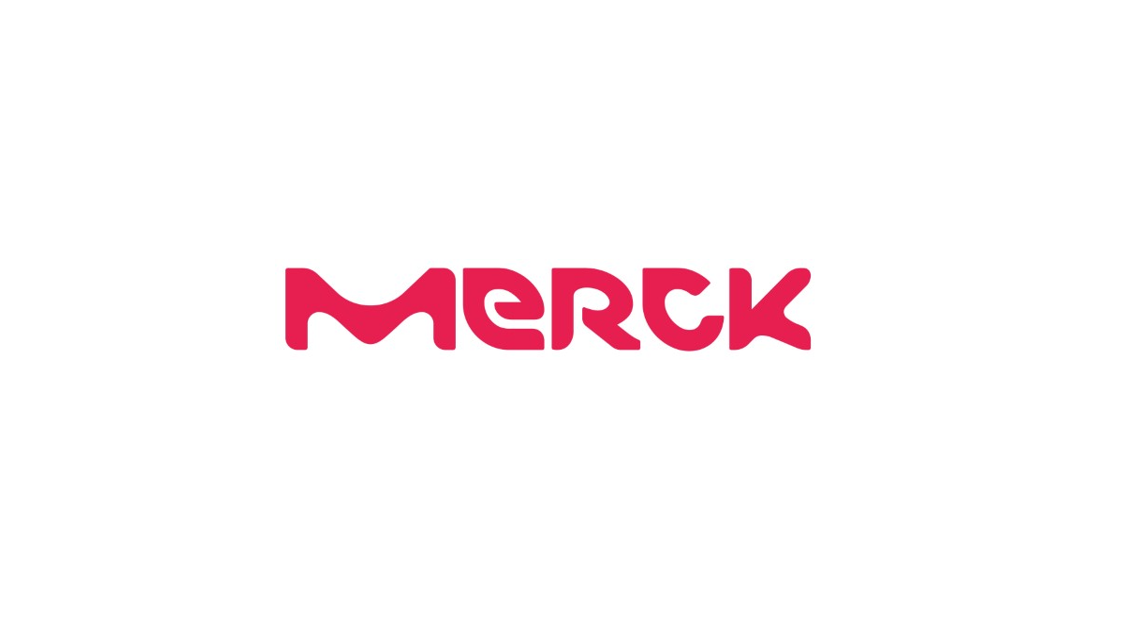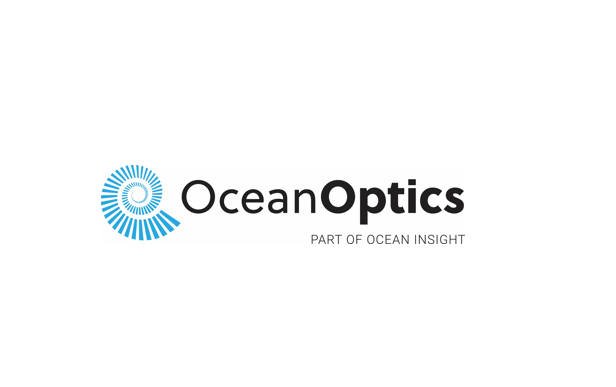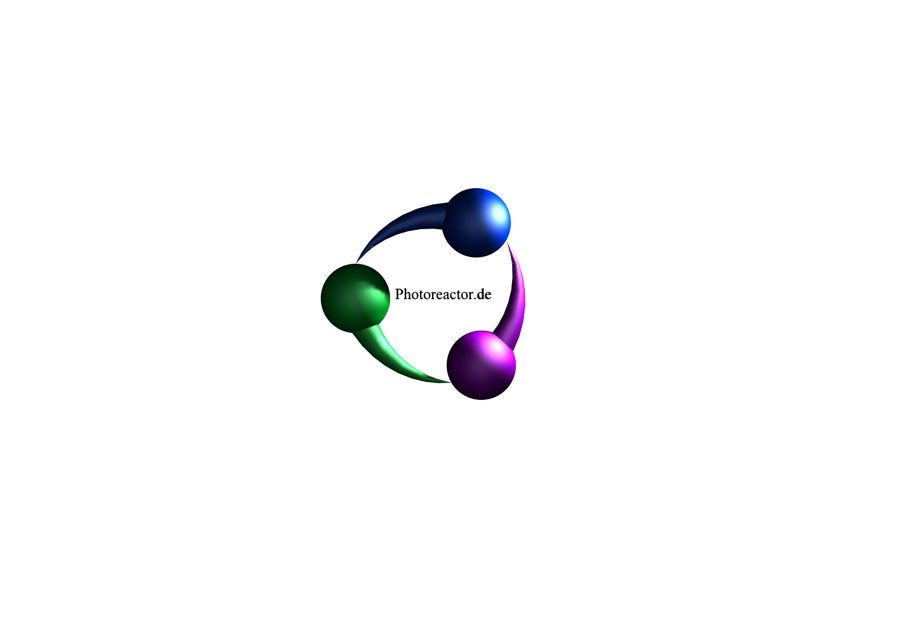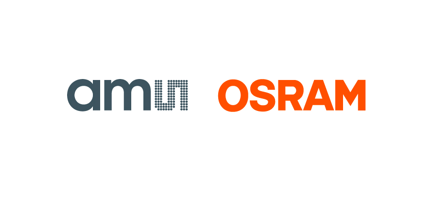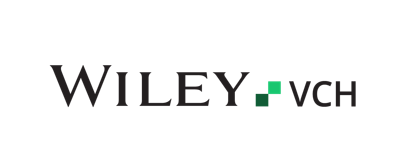LIT Conference 2023
As a part of our first funding period, the graduates of the CRC 325 will host the first Conference on Light Induced Transformations (LIT) in Regensburg, Germany. We are looking forward to bringing people with a passion for photocatalysis together. The ambition of the CRC 325 is a multidisciplinary approach to understand light induced transformations. Synthesis and design of photosensitizers and complexes is as important as quantum chemical calculations and the theory providing the necessary equations. Of course spectroscopy should not miss to investigate mechanisms. Our Conference will combine all fields of chemistry represented by the choice of speakers. Furthermore, we would like to offer PostDocs, tenure track professors and junior research group leaders a stage to present their research.
The main program of the conference will consist of six plenary and eight keynote talks given by invited speakers. There will also be short talks from both our CRC members and talented junior researchers. Feel free to apply for one and share your work with the photocatalysis community!
For social and networking purposes there will be two poster sessions with snacks and drinks, a conference dinner and a power hour (more information below). We encourage all the participants to share their research with the community by presenting a poster in one of the two sessions.
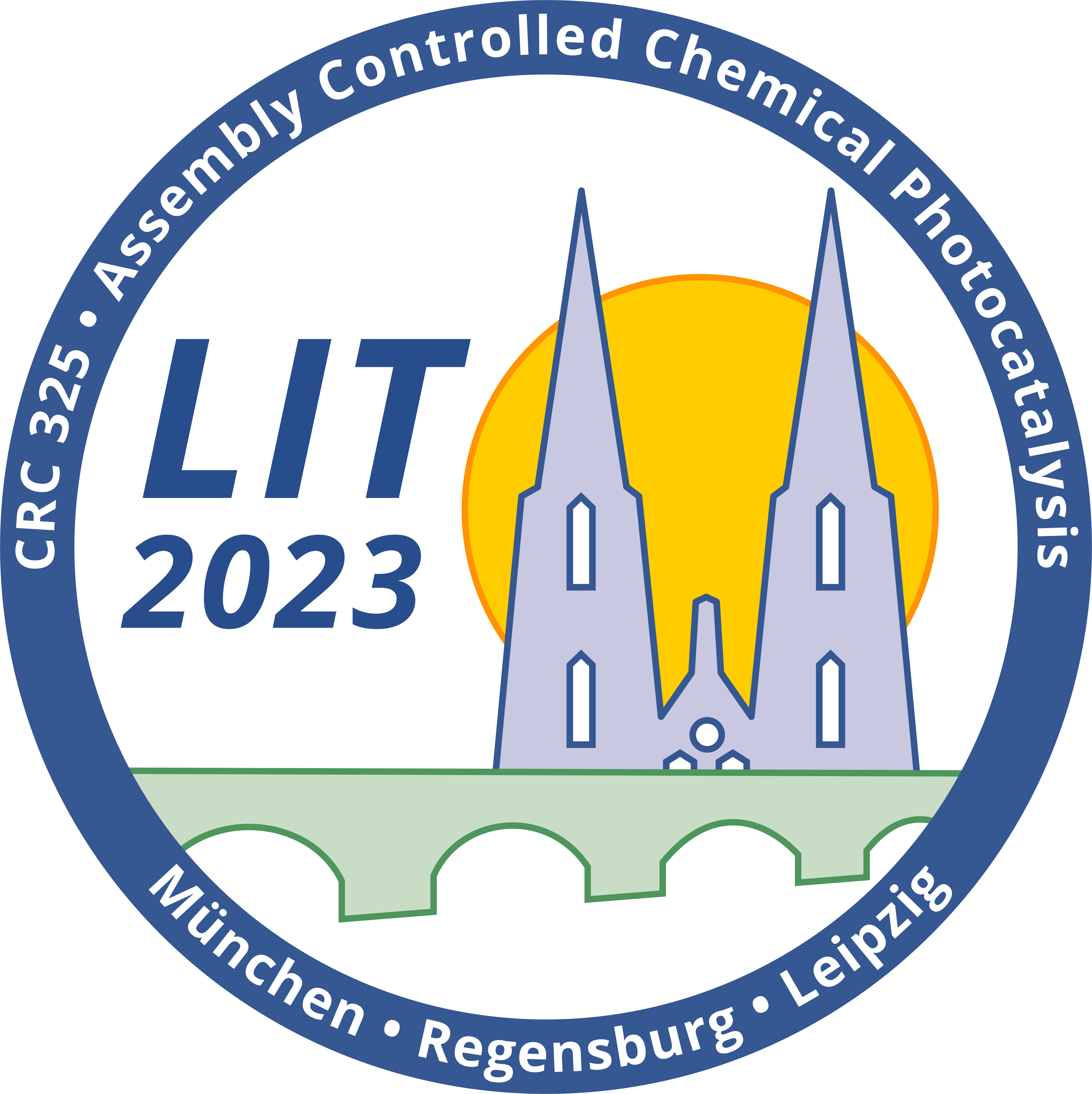
Confirmed Plenary Speakers
Jessica Anna is an associate Professor of Chemistry at the University of Pennsylvania. She is an expert in ultrafast multidimensional spectroscopy. The motivation of her group's research is to understand the light induced dynamics of photocatalytic systems as well as natural light harvesting complexes. Her expertise reaches from natural over organic to inorganic systems, combing biology, chemistry, and physics.
Leticia González is the head of the Institute of Theoretical Chemistry at the University of Vienna. Her work has greatly advanced the field of computational photochemistry and includes highly accurate simulations of linear and non-linear spectra, excited state dynamics and the energy transfer processes relevant to photocatalysis. Additionally, the development of the SHARC program in her group has added a valuable tool to the toolbox of computational chemists studying light-induced transformations.
Oliver Wenger is a Professor for Chemistry at the University of Basel. His research delivered precious work in the field of earth abundant 3d transition metal photoredox catalysis to achieve insights from the fundamentals of electron transfer towards diverse applications in catalysis. Even exploitation of two red photons made chemical reactions in an upconversion process accessible, usually requiring blue or ultraviolet light. These achievements have left a great imprint in the field of photochemistry.
Abigail Doyle is a professor at the Faculty of Chemistry and Biochemistry at the University of California, Los Angeles (UCLA). Her group has developed numerous contributions to nickel chemistry and its combination with photocatalysis in various C-X and C-H functionalizations. Their research toolbox also includes the implementation of state-of-the-art computer science to the prediction of the reaction outcome.
Takashi Ooi is a well-regarded organic chemist interested in catalysis development. His research focuses on the utilization of tailor-made chiral catalysts enabling stereoselective reactions by hydrogen bonding interaction. In this context, he also developed bifunctional catalysts. Due to increasing popularity of light as a reagent, he expanded his knowledge to photochemical applications creating new protocols for C-H- activation.
Tehshik Yoon is one of the leading synthetic organic photochemists. His research covers visible light photocatalysis, where he is famous for exploiting the photoactivity of transition metal chromophores for organic synthesis. He is also interested in enantioselective photochemistry and has come up with fascinating concepts in this area.
Where?
Universität Regensburg, Vielberth-Gebäude
Universitätsstraße 31
93053 Regensburg
Germany
When?
4th - 6th October, 2023
Arrival
More details about the arrival by car or public transport to the conference venue can be found here.
Power Hour
As a part of our social program, there will be a power hour. Graduates of our CRC will host five sessions with 15 people each and discuss specific topics with you:
- Career Options after Ph.D. and Postdoc
- What Type of Personality are you?
- Time Management in Research
- Mental Health in Research (sold out)
- Networking: How to find the Right Contacts
Registration
If you want to be part of the LIT Conference 2023, please use the registration form below or click here.
The template for your abstract submission can be found here.
Submit your abstract as .pdf here.
Registration front desk will open 4th of October, 07:30
Postersize: A0, upright format
